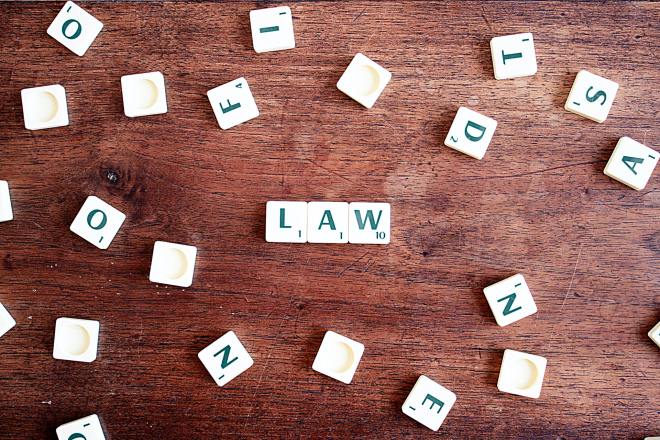You have been working on patenting your invention for several months now. You’ve done all the research and filed all of the documents. Now all you have to do is wait.

But why is it taking so long?
Sometimes, things aren’t so simple. There are a few things to be expected and prepared for when it comes to filing for a patent, and patent delays and rejections are a big one. Don’t stress; there is a fantastic Patent Lawyer in Miami Beach here to help you understand just what these mean for you and your patent.
Why is my patent delayed?
When you file a patent with the USPTO, you should expect the first response to come after around 12-24 months. There are, of course, always exceptions, but don’t feel concerned if you are still within this time frame.
There are a few reasons as to why your patent may be delayed. The most common cause is that there is often a backup of patent applications. This is because there are not always enough patent examiners to handle all the patents that have been filed. Because of this, it can sometimes take a while for your application to reach review.
Another common reason for a delay in your patent processing is that maybe you sent something incorrectly. If you made a mistake on the paperwork, it could take even longer to approve your patent.
The last thing you want is for this to happen, which is why it’s crucial that you speak with an expert on patent protection in Miami Beach during the process of submitting your information. If you find an issue after you have submitted it, don’t worry, you can still get in touch with experts on patent protection in Miami to solve the problem.
The main thing to remember is that there is no need to worry if you are experiencing a patent delay. The best thing that you can do during this time is to be patient and trust your team of experts taking care of your application.
What about patent rejection?
There are two types of patent rejection that are important to think about and understand when filing a patent.
Initial patent rejection
The first type of rejection is an initial rejection, which means that the examiner has found something wrong with your application. For example, you may have made a typo or provided insufficient information. This rejection will let you know what needs to be corrected before your patent can be reviewed again.
Initial patent rejection is also extremely common because the Examiner usually wants to push attorneys to prove why something should be patentable. The goal here is to ensure that patents are not given out to just anyone.
This is why it’s essential to have a well-crafted patent application from the start, as this will show that your invention is new and not something that has already been patented. Your expert on patent protection in Miami will be able to help you with this, as well as defend your patent after any rejections.
If you experience an initial patent rejection, it’s important to remember that it’s not the end of the world. In fact, it is a pretty standard part of the process.
Final patent rejection
The second type of patent rejection is the final rejection letter, which means that no changes will be made to your application, and it has been denied. This is rarer, but it does not necessarily mean that you have reached the end of the line.
During the time that it takes to fully be awarded your patent, which is between 24 to 36 months, you should be marketing and selling your product. This will help you decide if there is a real demand for your product and if continuing the fight is worth it.
If your invention is considered a financial success, then your Patent Lawyer in Miami Beach will be able to use this as evidence to support an argument for patentability.
Conclusion
Patents are an essential part of any business on the market today. However, the process of obtaining a patent can be long and complicated. If you find issues, such as a patent delay or rejection, remember that this is normal and not the end of the world. It is simply a chance for you to reevaluate your options and determine if pursuing a patent is the right decision.
For all of these issues and other patent questions, get in touch with an expert on patent protection in Miami!
